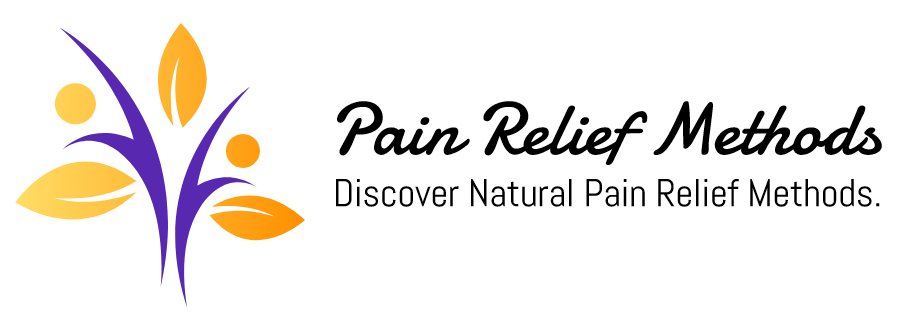Table of Contents
What Is The Immediate Help For Chest Pain?
Introduction
Chest pain is a common symptom with a wide range of causes. While some cases might be mild, it’s crucial to recognize signs that require immediate medical attention. This article outlines the essential steps to take when experiencing chest pain, emphasizing the importance of acting quickly in potentially life-threatening situations.
Important Note: This article provides educational information and is not a substitute for professional medical advice. If you experience chest pain, consult a doctor or healthcare provider for diagnosis and treatment.
When To Call Emergency Services Immediately
If you experience any of the following alongside chest pain, call emergency services immediately (dial 911 in the US):
-
Sudden, Severe Chest Pain Or Pressure:
This pain is often described as squeezing, tightness, or a crushing sensation and can feel like an elephant sitting on your chest.
-
Pain Radiating To Other Areas:
The pain might travel to your arm, jaw, neck, back, or upper abdomen.
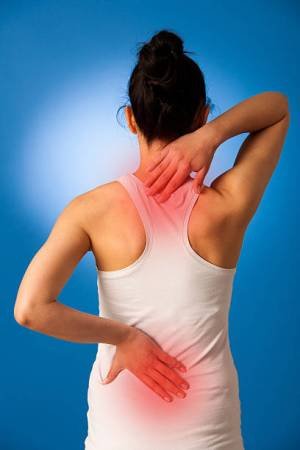
-
Shortness Of Breath:
Difficulty breathing or feeling like you can’t catch your breath is a significant red flag.
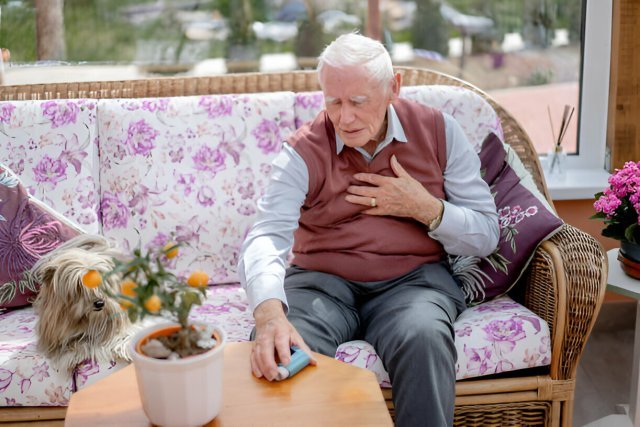
-
Lightheadedness or dizziness:
Feeling faint or like you might pass out can be a sign of a serious issue.
-
Sweating:
Profuse sweating for no apparent reason can accompany a heart attack.
-
Nausea Or Vomiting:
Feeling sick to your stomach or actually vomiting could indicate a heart attack.
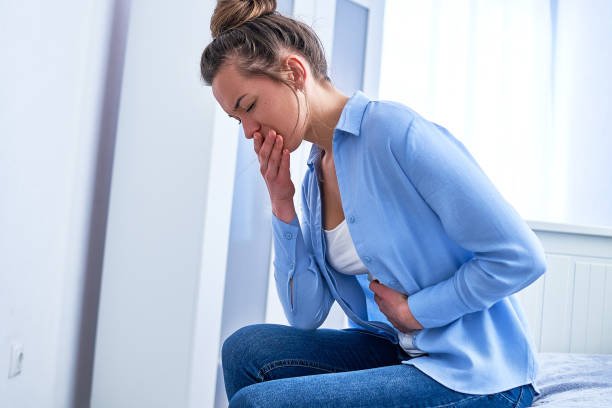
These symptoms can be signs of a heart attack, a life-threatening condition. Early intervention is crucial to minimize damage and improve the chances of a full recovery.
First-Aid Options For Non-Emergency Chest Pain (Proceed With Caution)
If your chest pain is mild and not accompanied by the concerning symptoms listed above, here are some initial steps you can take:
-
Rest:
Stop any physical activity and allow your body to rest.

-
Sit Or Stand Upright:
If you suspect heartburn, sitting upright or leaning forward might provide relief. Lying flat can worsen heartburn symptoms.
-
Over-The-Counter Pain Relievers:
Medications like ibuprofen or acetaminophen can help manage pain from muscle strain or heartburn (consult a doctor before taking any medication).
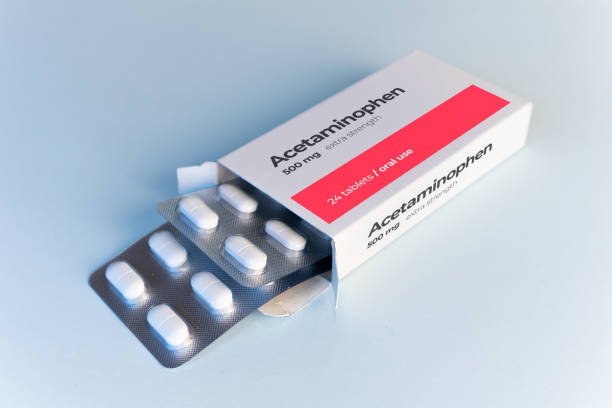
Important Note: These are general recommendations, and the best course of action depends on the specific cause of your chest pain. It’s crucial to consult a doctor to identify the cause and receive proper treatment.
FAQs On Immediate Help For Chest Pain
-
Should I Take Aspirin For Chest Pain?
Unless instructed by a medical professional, avoid taking aspirin for chest pain. It can worsen bleeding in some cases, particularly if you’re experiencing a heart attack.
-
When Should I See A Doctor For Chest Pain, Even If It’s Not An Emergency?
Any unexplained chest pain, especially if it’s persistent or recurring, warrants a visit to the doctor. Early diagnosis and treatment can address the underlying cause and prevent future complications.
-
What Tests Might A Doctor Perform To Diagnose Chest Pain?
Depending on your symptoms, the doctor may recommend an electrocardiogram (ECG), chest X-ray, blood tests, or other tests to determine the source of your chest pain.

-
Can Anxiety Cause Chest Pain?
Yes, anxiety can manifest as chest pain, often accompanied by shortness of breath, dizziness, or rapid heartbeat. If you suspect anxiety is the cause, relaxation techniques might help. However, consult a doctor to rule out any underlying physical conditions.
-
How Can I Prevent Chest Pain?
Maintaining a healthy weight, eating a heart-healthy diet, exercising regularly, managing stress, and not smoking can all contribute to reducing your risk of chest pain.

Conclusion
Chest pain is a symptom that shouldn’t be ignored. When faced with chest pain, prioritize your safety. If you experience any signs of a potential heart attack, call emergency services immediately. For non-emergency cases, some at-home measures might offer temporary relief, but consulting a doctor is crucial to ensure proper diagnosis and treatment. Remember, early action can make a significant difference in addressing the underlying cause of chest pain and preventing future complications. With a healthcare professional’s guidance, you can manage your chest pain effectively and live a healthy life.
References
- American Heart Association - Offers information on heart attack symptoms, diagnosis, and treatment.
- Mayo Clinic - Provides trusted information on various health topics, including chest pain and first aid.
- National Heart, Lung, and Blood Institute - Provides information on various heart, lung, and blood diseases.
Discover more from Pain Relief Methods
Subscribe to get the latest posts sent to your email.
